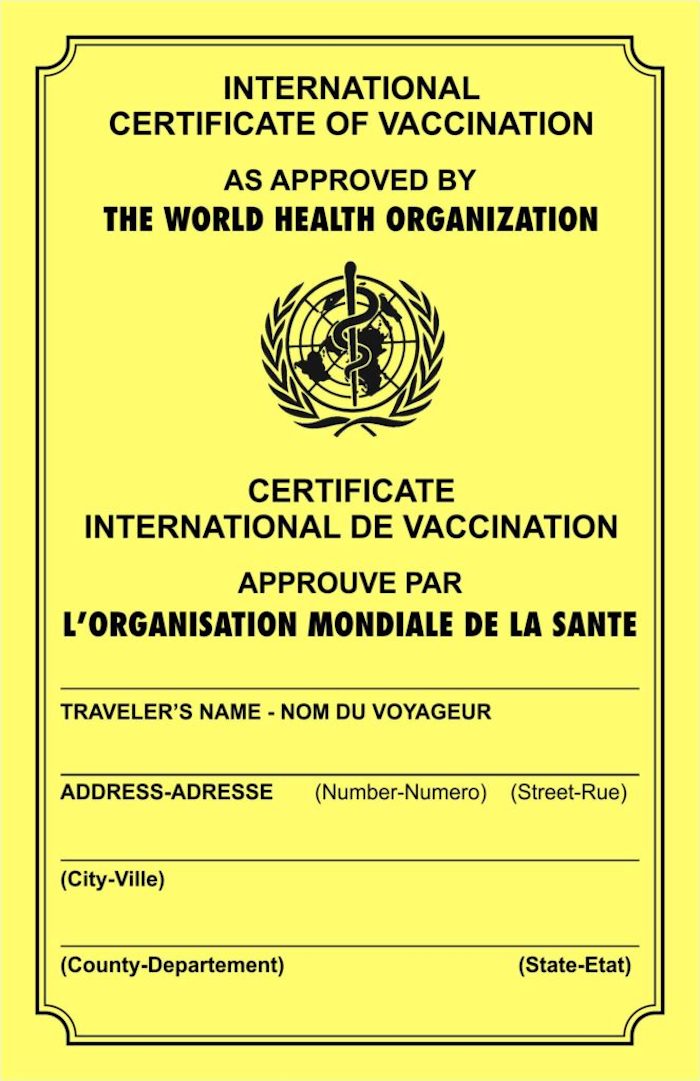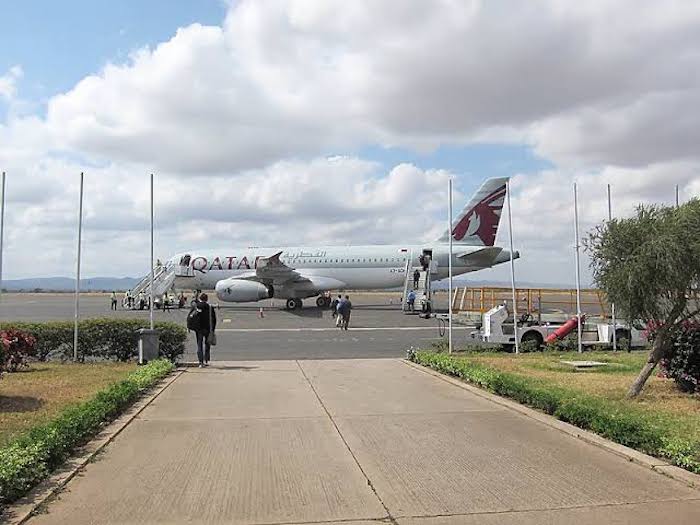What are the recommended Vaccinations for a Safari in Africa?
Although there are several medical concerns, the major one that worries many safari goers that we usually deal with who take a safari tour in Tanzania is: ‘which vaccinations that are necessary before taking a Safari to Africa. We have compiled a detailed article explaining where to get the shots, what shots to get and when to get them before taking your safari.
DISCLAIMER:
Here is an overall brief description of a few of the vaccinations required for Tanzania safaris. Everyone should before leaving for Africa pay a visit to their personal doctor or an area clinic and get advice beforehand. Your travel nurse or doctor’s advice should not be replaced by the information in this article.
Do I Need Medical Insurance for a Tanzania Safari?
Yes. Medical facilities in various places that are visited are hard to access because they are far away therefore having medical insurance is a Must-have requirement. It is better to have a good health insurance along with a medical examination before taking a trip. Knowing that the insurance will protect you from any possibility brings a sense of safety in case of a health emergency.

What Vaccinations to get for your Safari in Africa?
The yellow fever shot is the only dose that is required in certain countries with evidence of the vaccination or else you will not be authorized to cross the border. However, a number of countries suggest some other shots.
Do not forget to check if you took all the required childhood shots for TB, polio, whooping cough, measles, diphtheria, tetanus, rubella, meningitis and mumps, and where need be, please endeavor to take booster shots. You may as well discuss with a medical professional or travel clinic about acquiring many voluntary shots like the pneumococcal as well as the flu shots.
What Factor Determine the Vaccinations I should take?
Well, below, we have highlighted a number of factors that will determine whether you need to take the advised shots or not.
Your Vaccination History: Whether you received all your vaccines as a child.
Your health history: that is to say drugs that may affect your immune system, underlying health conditions such as high blood pressure, heart conditions, or diabetes.
Urban versus Rural: this majorly focuses on which part of the country you are visiting. Is you visited limited only to the urban cities or will you also explore the rural areas?
Local epidemics: different countries suffer different disease outbreaks so before traveling to any country, please make a comprehensive research to know if the country is suffering from any for example cholera
Duration of stay: the number of days you will be spending in the foreign country will highly dictate the kind of vaccinations you will need.
The type of accommodation you will be staying in: will you be staying in a 5 star hotel or will you set up camp in the wild? (People who go camping are more exposed to cases such as mosquito bites so all this information is very helpful to your doctor)
What activities will you be engaged in? For example being active in veterinary work, taking a swim in the dams or rivers, hiking in the forest, or providing assistance at a clinic
How to deal with Travel warnings or Local outbreaks
In order to boost your safari experience, it is wise for one to be on the lookout for travel warnings issued by the CDC (The Centre for Disease Control) about the disease outbreaks like cholera which happen every now and then, and get the necessary shots for them. Better still, it is more advisable not to travel to certain places if the level of the outbreak is critical.
When should I get my shots for your Africa safari?
If you are required to get several doses of a vaccine, you have to go to the travel clinic or your doctors as soon as possible since these shots take time to work. in fact, a number of them may gradually take a few days or weeks.
It is important to note that the vaccination required for Tanzania, basically also applies for Tanzania, so if you are looking forward to travel to Africa for your combined Tanzania safari and Zanzibar package then the same vaccinations apply.
What are the commonly recommended Vaccines when going to Africa?
Below is a list of regular shots suggested for a safari to Africa in order to assist you plan your stay well. Basing on the risk factors, there are many different vaccines that you should put into consideration before taking a trip. The transmission of the disease they are safeguarding you against, the duration needed for it to work plus who the World Health Organization (WHO), Centre for Disease Control as well as American Advisory on Immunization Practices (ACIP) advocates for. We shall write down certain requirements needed for all the countries visited by our tour groups later on in the blog.
Cholera

It is spread through water as well as food
For tourists in places where cholera spreading is active, the shot is highly recommended.
Before your travel date, the vaccine should have been administered 10 to 14 days earlier.
Diphtheria
It is an airborne disease spread from one person to another.
It is suggested for each and every traveler, you should receive the current diphtheria-toxoid vaccine.
The Vaccine shots are administered every decade (ten years) therefore before traveling ensure that you are up-to-date.
Hepatitis A
It is spread through either food or water or from one person to another
For all people who are traveling to countries with average or large HAV endemicity, it is highly recommended
The vaccine of 3 doses should be provided in a month or as quickly as possible before your travel date.
Hepatitis B
It is spread through blood plus body liquids.
It is advisable for all the tourists who are not vaccinated and go to areas where there is rampant HBV infection.
It is administered in three (3) doses which should be given as quickly as possible.
Meningitis
It is an airborne disease that can be spread from one person to another.
For people who visit the “meningitis belt” within the sub- Saharan Africa, it is recommended
The vaccine should be given more than ten days before going into an area.
Polio
This is spread by oral-oral and fecal-oral.
It is highly recommended for tourists who go to polio infected areas. They should ascertain that they finished the polio doses that were appropriate at a tender age. The grownups should have acquired once in a lifetime IPV booster injection. A booster injection is further recommended for specific grown up tourists who go to some countries that are neighboring places that have been infected with polio.
The vaccine booster should be given more than four weeks earlier for one to enter a polio infected area.
Rabies

These are transmitted from animal bites
It is advisable for the tourists who go to native countries with rabies and who may engage with the animals.
The vaccine of three doses should be given within a period of more than one month.
Tetanus
It is spread through bites or injuries from infected objects and also open skin.
It is suggested to travelers who did not receive the booster dose given every after ten (10) years
Typhoid
It is spread through fecal-oral, water as well as food
It is suitable for people traveling to high risk exposed places
The vaccine should be given more than two weeks before entering an area.
Yellow fever
It is spread through mosquitoes.
It is a must for tourists who are 9 months and are going to high risk places of yellow fever.
The vaccine should be provided 10 days before entering these places.
Where can I get the vaccinations from?
A travel clinic is the perfect place to visit and acquire all the necessary advice and information on what boosters to get before taking a safari in African. Expert travel clinics are found in many large towns worldwide therefore go find the closest one near you. In case you cannot get one that is near, ask your physician to get into contact with one and choose the shots for the precise countries you intend to visit.
Get a full body checkup once you visit the doctors. Stock all the medications you need with labeled with common generic names and accompany them with an official prescription. Place a copy of the prescription together with your important documents for easy access in case need arises. Always keep in mind that some prescriptions cannot be accessed in the countries you plan to visit to its safer to travel when you are well prepared.

Comments